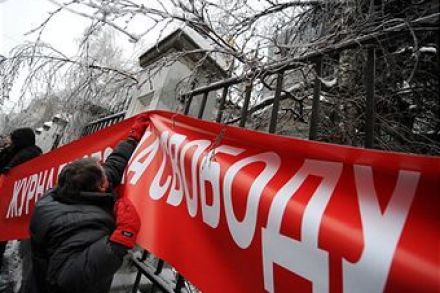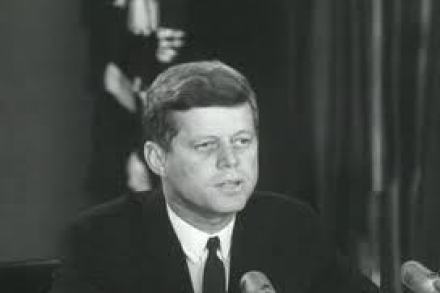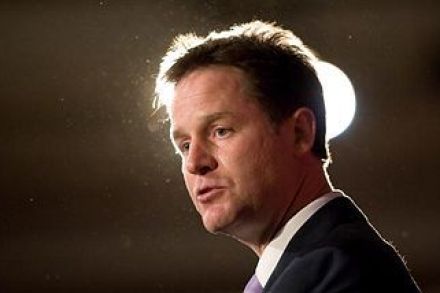Blast at Moscow airport
A suicide bomber has killed more than thirty people at Moscow airport. This is the third major terrorist attack on Russian soil in the last year. Islamist groups were responsible for the previous two attacks and, I imagine, will claim proprietorship this one also. It is a telling reminder that the domestic threat faced by Russia and NATO are becoming more aligned, which should lead to greater co-operation between the two in the coming decade. Already, NATO Secretary General, Anders-Fogh Rasmussen (not a man to cower before the pernicious Islamist menace) has said that his organisation will stand together against terrorism.













